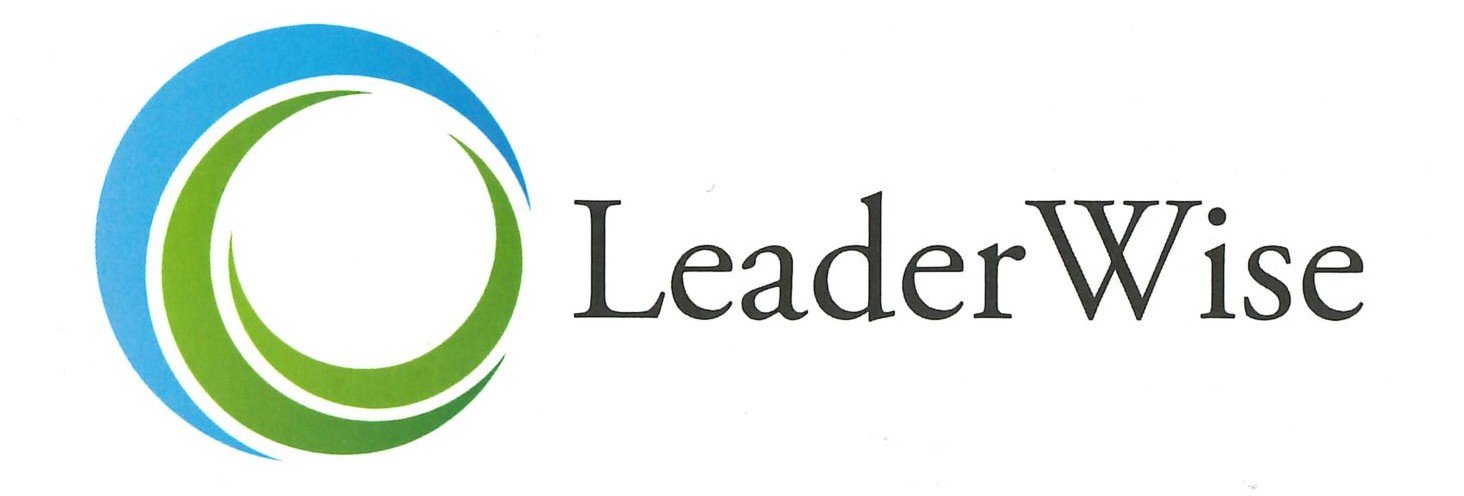Can We Choose to Respond or Are We Stuck with Reaction?
By Mary Kay DuChene.
Oh the stories I’ve been hearing! Once again (or maybe still), the angst of society is creeping through the doors of our churches. I hear stories of seasoned pastors who were worried, for the first time in their lives, about preaching, because they’re afraid how it will land in the pews. I hear stories of pastors being cornered in their offices by parishioners angry at prayers being said that sound political to them, even though they are the same prayers out of the book of prayer having been said for years.
We all know what it’s like to feel conflict lurking just around the corner. And the moment it jumps out at us, our bodies go into fight or flight mode and sometimes, at least in my case, our mouths get the best of us. These days, I’ve been reminding myself to respond rather than react. To respond is to consciously reason out a desired communication and craft the message thoughtfully. To react is to let the amygdala hijack the executive function in the brain and blurt whatever comes first (which in my case is usually not all that helpful).
But do we stand a chance of controlling our brains and our mouths enough to choose a response rather than let the automatic reaction get the best of us? And, if we’ve experienced a past trauma, can we maintain control enough to remove ourselves from the situation, do our healing work, and then choose a response?
It turns out that with practice we can—practicing mindfulness that is. Here Smart and Segalowitz (2017) describe mindfulness training:
In terms of how mindfulness might achieve its effects, a core premise of the training is learning to “respond, not react” (Kabat-Zinn, 1990). That is, one learns to monitor one’s mental state (i.e., self-regulation of attention), ascertain deviations from one’s present moment experience, and gently bring the mind back without judgment, criticism, or impulsive action (i.e., responding with neutral observation or loving-kindness). Mindfulness is not a finite end-point but rather a moment-to-moment process, hence the purported role for self-regulation in mindfulness (Bishop et al., 2004).
That might sound like a lot of researchy psychological-speak, but the essence is that if you practice mindfulness, then you stand the chance of noticing when your body is going into fight or flight mode and you can grab control, slow it down, and choose your response.
There’s plenty of mindfulness training out there (start by searching “mindfulness based stress reduction” to see what’s happening in your area), and plenty of books (search for books by Jon Kabat-Zinn or Thich Nhat Hanh for starters).
LeaderWise offerings include opportunities for you to work on your emotional intelligence (which can help with self-awareness and self-regulation) and your conflict skills (on February 25th!) or you can enter into a 1:1 relationship through reflective pastoral supervision, coaching, or therapy.
A couple years ago, LeaderWise offered each practitioner the book moments of mindfulness: daily inspiration by Thich Nhat Hanh, which includes the following inspiration:
Whether we can
wake up or not
depends on whether we can
walk mindfully
on our Mother Earth.
The future of all life,
including our own,
depends on our mindful steps.
In a future article, my colleague Mark Sundby will offer some tools for choosing response over react from the perspective of Acceptance and Commitment Therapy (ACT).
Dear ones, may you be mindfully aware of your step, your breath, and your thoughts, so that you may bring peace to yourself and this world.

